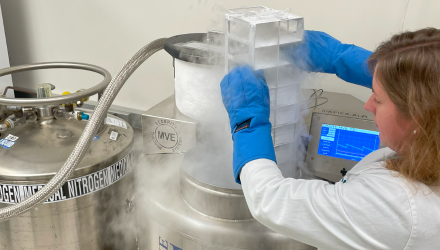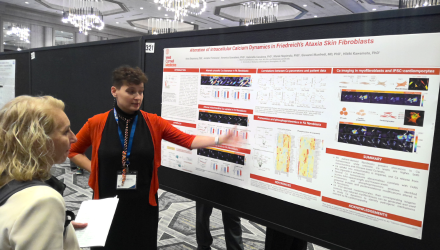The FARA Grant Program is a competitive funding mechanism that supports research in Friedreich’s ataxia (FA) including basic research, preclinical drug development, and clinical research. The FARA Grant Program aims to advance therapeutic development for FA by supporting established FA researchers, recruiting new investigators to the field, and building the next generation of FA scientists. FARA solicits applications from academic and for-profit investigators that meet the research priorities set by FARA’s Scientific Advisory Board. These priorities include filling gaps in knowledge of disease mechanisms, supporting early development of therapeutic interventions, establishing and advancing tools for drug developers and academic researchers, and supporting clinical research and trials.
FARA promotes collaboration among scientists, facilitates connections among FA researchers both from academia and industry, and helps investigators new to FA engage with experts in the field. FARA funded investigators are invited to participate in the FARA Forum and other FARA-organized workshops to tackle unanswered questions in FA research. FARA co-organizes the International Congress for Ataxia Research (ICAR) where the latest advances in Ataxia research and treatment development are presented.



